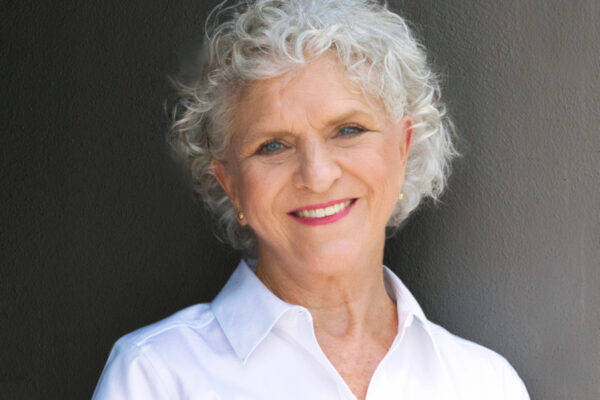
Some people have the gift of making me feel poor in spirit, unread and downright ignorant.
Great opening lines, according to Steve Almond
Such is Steve Almond, who, in his article “How to open” in the June, 2014, issue of the Association of Writers and Writing Programs, types about great opening lines in Literature and cites seven of the many, he says, he could write about.
To quote him: “I could go on here. And on and on.”
He mentions the following writers and their works:
Per Olov Enquist, The Royal Physician’s Visit.
Sylvia Plath, The Bell Jar.
Alicia Erian, Towelhead.
Tim Kreider, Reprieve.
Henry David Thoreau, Walden.
Lorrie Moore, Willing.
Jack Kerouak. On the Road.
Out of the eight writers, including Almond, I only know two: Thoreau and Kerouac.
The latter’s book mentioned I have not read, to make things worse. Such dismal ignorance, such poor show of literary knowledge -I would flunk the test- makes me feel inadequate and ill-prepared for the writing life.
This teacher of creative writing who has not even turned fifty yet has read titles and authors I have never heard of in my life, and I have been around much longer than him.
Also Read: Should We Worship Books or Authors?

Literary name-dropping is a pastime like any other, but its final goal is to make us feel inadequate, uncultured, and ignorant.
Mr. Almond did not quote the opening lines of The Trial (Somebody must have been telling lies about Joseph K., because without having done anything wrong he was arrested one fine morning…), Don Quixote (In a place of La Mancha which name I don´t care to remember…), The Bible (In the beginning God created the Heaven and the Earth…), A Tale of Two Cities (It was the best of times, it was the worst of times…)… No, he quotes authors I know nothing about.
We can’t read it all
I am a disaster at Math but to put myself at ease and all those who might feel as inadequate as me, I have tried to figure this out:
Reading 1 book per week is good reading in this day and age.
1 book per week comes out at 52 titles a year.
In ten years reading at such pace we could read 520 books.
In 20 years 1,040 and in 40 years 2,080…
We could only reach that figure, not missing a title, a book, every week, for 40 years… almost a lifetime.
2,080 is a meager amount considering that the essential world classics would exceed 10,000 titles, and considering that the Library of Congress shelves 23 million books.
Mr. Almond, the famous author and teacher of creative writing might ask me, shocked: “You haven’t read Lorrie Moore or Peter Olov Enquist?”
I would have to lower my eyes, eat humble pie and confess: “Mr. Almond, you would be surprised at how many writers I have not read and how many I have not even heard of.”
Googling famous opening lines I have found many posts on this, citing 100, 30, 25, 18… you name it. Obviously people love opening lines.
After writing this post I have to tell Almond, contradicting what he says, that if the first two pages of a novel do not buttonhole us and force us to continue, we should trash the book… There is so much to read and so little time that we just cannot diddle with readings we do not like.
This basic and simple idea of the limitations of our reading capacity comforts me, and now I feel a bit less ignorant, less inadequate, more at peace with myself and with my lack of literary knowledge. I hope it consoles you too.
Also Read: Famous Authors Who Were Published After 50






Leave a Reply